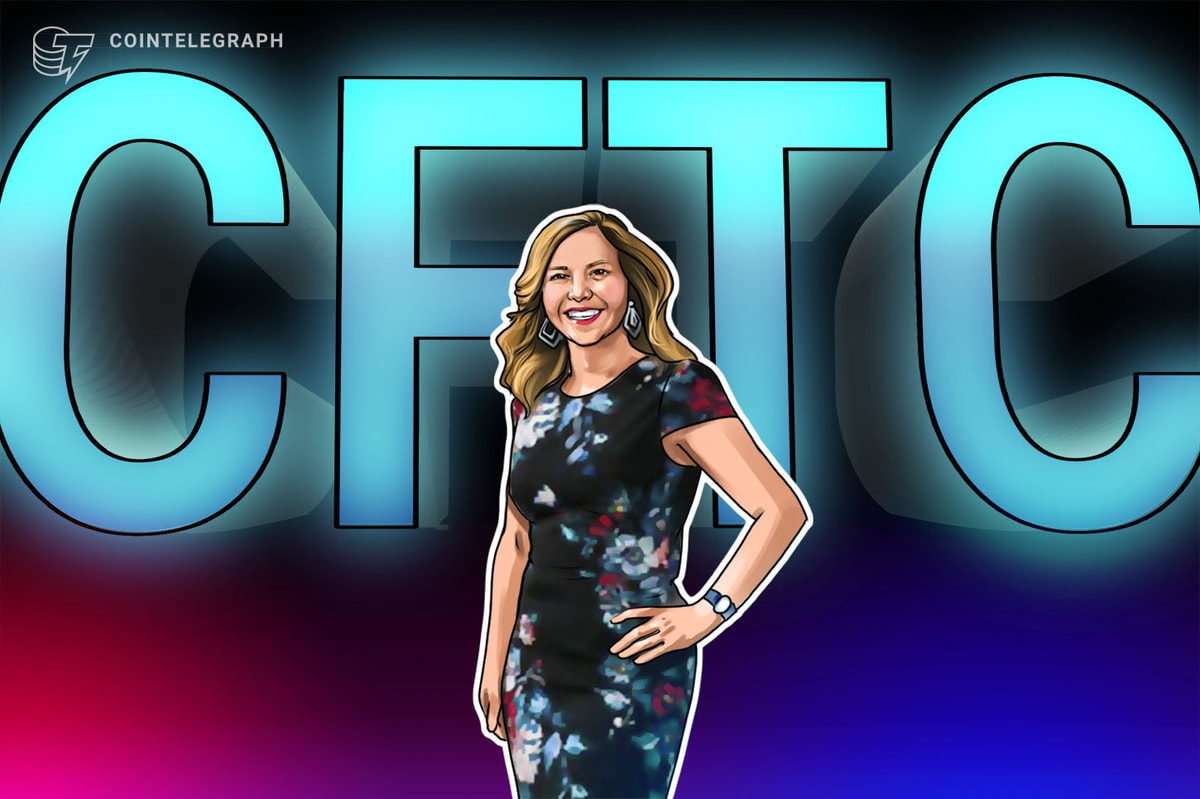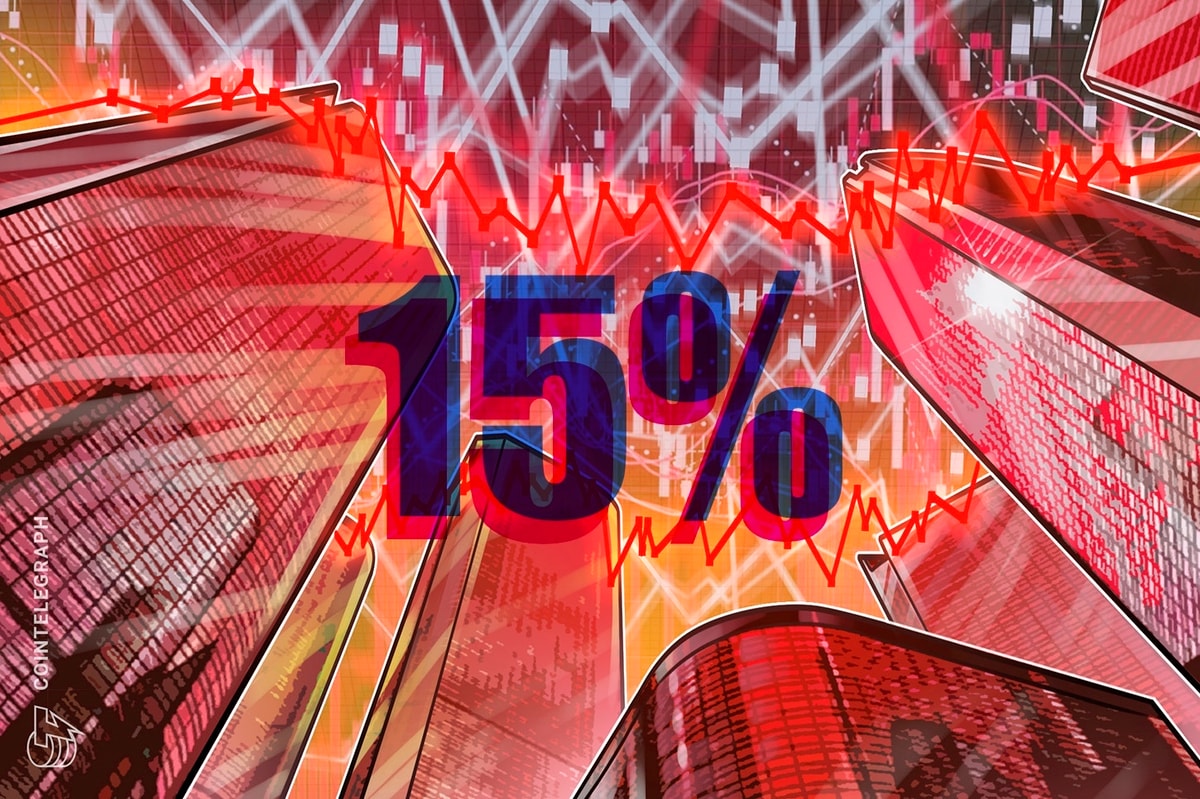In our Expert Takes, opinion leaders from inside and outside the crypto industry express their views, share their experience and give professional advice. Expert Takes cover everything from Blockchain technology and ICO funding to taxation, regulation, and cryptocurrency adoption by different sectors of the economy.
If you would like to contribute an Expert Take, please email your ideas and CV to [email protected].
On April 17, 2018, the New York Attorney General’s Office (the “OAG”) joined the throng of U.S. regulators vying to exercise oversight over various aspects of the cryptocurrency capital markets space. As announced in its press release, the OAG sent information requests (“Inquiries”) to thirteen cryptocurrency trading platforms, including some with (theoretically) no nexus to New York, as exchanges such as Kraken and Bitfinex purport to block New York users. The information requests were characterized as “[a]s part of a broader effort to protect cryptocurrency investors and consumers[,]” marking the “launch” of OAG’s broader Virtual Markets Integrity Initiative.
The exchanges that received letters (the “Exchanges”), namely (1) Coinbase, Inc. (GDAX); (2) Gemini Trust Company; (3) bitFlyer USA, Inc.; (4) iFinex Inc. (Bitfinex); (5) Bitstamp USA Inc.; (6) Payward, Inc. (Kraken); (7) Bittrex, Inc.; (8) Circle Internet Financial Limited (Poloniex LLC); (9) Binance Limited; (10) Elite Way Developments LLP (Tidex.com); (11) Gate Technology Incorporated (Gate.io); (12) itBit Trust Company; and (13) Huobi Global Limited (Huobi.Pro), include entities that operate in New York and have successfully completed the BitLicense application process as well as those that have carved out any New York presence and block New York consumers from their platforms.
Specifically, the Inquiries seek information on a number of topics of concern, including: ownership and control of the Exchange, operations and fee structure, trading policies and policies on suspensions of trading, internal controls and compliance with respect to privacy and AML and seek corresponding disclosures around the approach of each Exchange with respect to combating suspicious trading and market manipulation; their policies on the operation of bots; their limitations on the use of and access to non-public trading information; and the safeguards they have in place to protect customer funds from theft, fraud, and other risks.
The OAG press release cites that the OAG, as New York’s chief law enforcement agency, has an interest in the requested information as it is “the Attorney General’s duty to protect [New York] consumers and ensure the fairness and integrity of [New York’s] financial markets.” The press release cites undisclosed “published reports” which indicate the “sector” has “attracted fraudsters, market manipulators, and thieves” which, in their view, brings the whole “sector” into the purview of the OAG as it “is responsible for protecting consumers and investors from these bad actors and ensuring the fairness and integrity of New York’s financial markets.”
In response, it appears all of the Exchanges have indicated a willingness to work with the OAG with the exception of Kraken, which, through a number of social media posts, has been vocal in its unwillingness to engage with the OAG in this exercise. In fact, it’s CEO has explicitly outlined many of its issues with the Inquiry as well as some suggested policy prescriptions here. Kraken also ponders about the true intent of the Inquiry, indicating it may be a publicity stunt.
Purpose of the Inquiry
Given New York State’s history of interactions in the crypto space, which include the BitLicense but also more recently the announcements of electricity tariffs that hit crypto mining companies, many are speculating as to the purpose of the Inquiry as well as the intent behind the broader Initiative.
The stated purpose of the Inquiry is to conduct “a fact-finding inquiry into the policies and practices of platforms used by consumers to trade virtual or “crypto” currencies … requesting key information on their operations, internal controls, and safeguards to protect customer assets” with a relatively benign end goal of analyzing “the responses, compar[ing] them across platforms, and at the conclusion of this process, present[ing] what [was] learned to the public.” While the results may be of interest to regulators and the public, the Inquiry is an aggressive move coming from the OAG from a number of perspectives:
these types of inquiries into entities that operate on a national and international scale are more appropriately conducted by one or more federal regulators. The CFTC and SEC in particular have expressed concern over the lack of direct federal oversight of market practices with respect to these exchanges, including questioning whether the current state-by-state regime is appropriate.
more than half of the Exchanges that received requests have chosen not to interact with New York, many in reaction to the BitLicense regulatory regime. This gives New York less of a vested interest in regulating the behaviors of those Exchanges than many other U.S. states where these Exchanges would have an unfettered (subject to compliance with applicable law) ability to interact with the residents of those states.
(as Kraken has pointed out) New York should already have comfort on a number of the subjects in the information requests for the Exchanges that went through the BitLicense application process and received the Bitlicense or a trust charter, as this is a regulatory regime suited for banks and financial institutions that includes requirements around compliance, internal controls, and cybersecurity. Further, New York State’s Department of Financial Services (“DFS”) recently issued guidance to the BitLicensed Exchanges, reminding them to implement measures to detect, prevent and respond to fraud while being vigilant against market manipulation.
The OAG, seemingly somewhat self-aware enough to acknowledge that they are potentially stepping into the existing realm of jurisdiction of New York State’s Department of Financial Services (“DFS”), again as far as it relates to the Exchanges with an actual nexus to New York, notes that their role in this sector is “is separate from, but complementary to,” that of DFS, which, in their words “established a first-in-the-nation licensing protocol that requires virtual currency trading platforms and other firms engaged in virtual currency business activities to receive approval to operate and follow certain regulatory requirements.”
On Jurisdiction
While it is also notable that the language in the request itself contains less bravado than the press release and is more conciliatory, the OAG will be able to change its tune to the extent New York residents have wrangled their way onto Exchanges despite efforts to block them. The request describes the recipients as being targeted due to their status as “major virtual currency trading platforms” rather than alleging that all have a substantiated nexus to New York and words the Inquiry as a “request [of] the participation of [the Exchange] in OAG’s Virtual Markets Integrity Initiative, which seeks to protect the interests of New York residents who trade virtual currency and related investment products.”
The OAG acknowledges the potentially tenuous nature of any assertion of jurisdiction over other Exchanges in the sample through the footnote stating that the OAG is “aware that certain trading platforms have formal rules barring access in New York and may not have a license to engage in virtual currency business activity in New York.” Among other topics, we are asking platforms to describe their measures for restricting trading from prohibited jurisdictions.” This line of questioning is the most dangerous for those that purport to have no nexus to New York as many implement the ban of New York users by (at a minimum) blocking New York based IP addresses, which is known to be less than foolproof. See, e.g. this article on getting around geo-blocking. The OAG is well aware of this, when prompted on Kraken’s refusal to engage them, subsequently citing that they have enforcement jurisdiction over foreign and out of state companies that operate in New York (ie. interact with New York consumers).
Next Steps in the Space
In all, to the extent the Inquiry is not publicity stunt or a fishing expedition for data to underpin a fact finding that the BitLicense regulatory regime has resulted in heightened compliance standards, internal controls and the professionalization of those Exchanges that are subject to it, the goals and broader path forward for the OAG’s Virtual Markets Integrity Initiative remains a mystery – a mystery further clouded by the very recent departure of attorney general Schneiderman. However, to the extent pursued actively by Mr. Scheiderman’s successors, it may well be the state’s first step into regulating the crypto markets under New York’s Martin Act, which gives the OAG broad authority to investigate violations of the same.
Despite the long term direction of the Virtual Markets Integrity Initiative, this seems to be another shaky step forward by New York in its attempts to produce cutting edge regulatory oversight in the crypto space and one that does not seem well coordinated with New York’s existing regulations under DFS or federal regulators. It is also a step taken at a time where there have been increasingly vocal calls to rethink the existing state patchwork of laws in the crypto space – replacing the current regulatory regime with coordinated and coherent regulation at a national and international level. It seems that New York, in continuing to aggressively seek a role as watchdog and regulator of the crypto markets, may be throwing accelerant on the fire under federal regulators to solidify a federal scheme that would serve to preempt the states in this space.
Sarah H. Brennan, a corporate and securities attorney, leads the blockchain technology, cryptocurrency and digital assets practice team at Lippes Mathias Wexler Friedman LLP.











